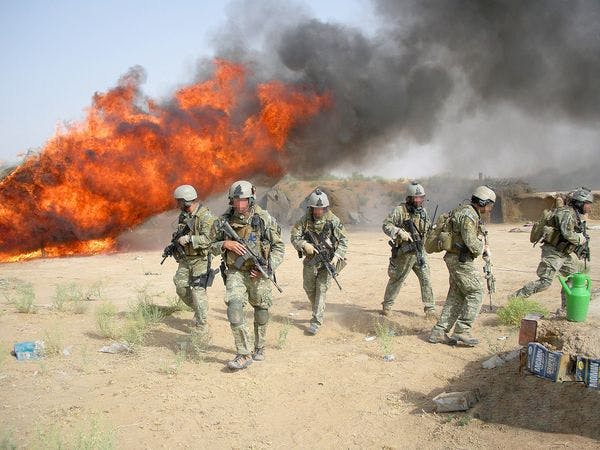Wikipedia - DEA - Public Domain
Why drugs should be not only decriminalised, but fully legalised
By Michael Plant & Peter Singer / NewStatesman
Forty years ago, Richard Nixon declared drug abuse “public enemy number one”. This marked the start of the “War on Drugs”, a global escalation in police and military efforts to crack down on drug users and the illicit drug trade.
In the past four decades, three things have become clear. First, the War on Drugs has not been won. Although a 1998 UN special session aimed to create “a drug-free world” by 2008, illicit drugs are still plainly available today in nearly every town and city in the world. In fact, a 2013 paper in the British Medical Journal found that, between 1990 and 2007, the prices of heroin, cocaine and cannabis in the US dropped by over 80 per cent while their purity increased. The story was similar for Europe and Australia.
Second, the War on Drugs cannot be won. People take drugs hoping to feel pleasure and soothe their distress. These desires are not going away. People who want drugs are not deterred by criminal sanctions either: a 2014 report by the UK’s Home Office did not find “any obvious relationship between the toughness of a country’s enforcement against drug possession, and levels of drug use in that country”. It is also effectively impossible to stop the supply of such profitable products – a kilo of cocaine can be bought in Colombia for $1,500 but sells for 40 times that on American streets. Enforcement suffers from the “balloon effect” : successfully squeezing production in one area merely moves it elsewhere.
